As digital payments surge across Britain, the UK has become Europe’s most advanced cashless society, processing more than 48 billion electronic payments in 2023 alone. But with this progress comes a sharp rise in “push payment” fraud (APP fraud), making robust consumer protection more vital than ever. The UK’s new mandatory reimbursement rules—and especially the Financial Ombudsman Service (FOS)—form central pillars of the approach. However, it is critical to recognize the regime’s significant limitations, which leave many consumers exposed.
Why APP Fraud Was the Tipping Point
Digital convenience, increased risks: The Faster Payments System (FPS), launched in 2008, allows instant and irreversible money transfers. While it was only used for roughly 10% of UK payments, it became the channel of choice for fraudsters due to its speed and finality.
Massive losses: In 2024, APP fraud losses soared to £470,5 million, surpassing card fraud and accounting for over 40% of all payment fraud losses.
The UK’s Game-Changing Mandatory APP Fraud Reimbursement
Legal protections introduced: From 7 October 2024, payment service providers (PSPs) must reimburse victims of APP fraud unless the victim acted with gross negligence or fraudulent intent within five business days of reporting APP fraud to the payment service providers. The liability is split equally between the sending and receiving PSPs. The refund amount is capped at £85,000 per claim. The scheme applies to any PSP using Faster Payments (more than 1,000 firms)
Crucial role of FOS: The Financial Ombudsman Service (FOS) independently adjudicates disputes with binding decisions, ensuring victims can access timely and expert redress – in case Payment Service Providers reject the reimbursement.
Positive Results Achieved by the UK Mandatory APP Reimbursement Regime
According to the UK Finance Fraud Report 2025, published at the end of May 2025, the UK’s mandatory reimbursement regime has delivered significant consumer protection gains since its introduction. Within the first six months, a 86% of eligible victims received full or partial reimbursement, demonstrating rapid and tangible relief to those affected. According to the Fraud Report, the regime has already contributed to an 18% reduction in reported APP fraud cases in 2024, reflecting improved deterrence and PSPs’ increased investment in fraud prevention.
Key Limitations and Concerns
But as Which? the British consumer protection agency points out, the current Mandatory APP Reimbursement Regime has some flaws:
Scope restricted to Faster Payments: The reimbursement obligation applies exclusively to domestic transactions made via FPS, which constituted only about 10% of UK payment transactions in 2023. More than 50% of payments in the UK are made via debit cards, which, along with credit cards, BACS, CHAPS, and international transfers, remain outside this mandatory protection. This results in fragmented and inconsistent consumer protections.
Channel-based protection gaps: Victims of essentially the same scam but using different payment methods face radically divergent outcomes solely due to technical distinctions in payment rails—undermining fairness and consumer confidence.
Exemptions and liability ambiguities: The gross negligence exemption provides PSPs with grounds to refuse reimbursement if the consumer is deemed culpably careless. Though only a small fraction of claims are rejected on these grounds so far, the criterion’s ambiguity leaves room for inconsistent application and possible disputes.
Limited coverage of cross-border scams: Given increasing international fraud flows, excluding cross-border payments from the regime leaves consumers vulnerable to losses on these channels, an increasingly critical gap in an interconnected market.
Potential for criminal adaptation: Fraudsters may shift focus to payment channels not currently covered by mandatory reimbursement, such as card payments or cross-border wires, exploiting regulatory gaps.
Psychological and indirect costs not addressed: While financial reimbursement is essential psychological and indirect costs are still not addressed.
The Enforcement Backbone: Financial Ombudsman Service
A key pillar underpinning the success of the UK’s system is its robust dispute resolution infrastructure. APP fraud victims who get rejected by their bank can address the FOS for help. FOS decisions are legally binding, (in contrast to the EU ADR system), ensuring institutional accountability; its substantial budget and specialized expertise facilitate thorough, case-by-case analysis of complex fraud scenarios. Industry funding, via a levy-based mechanism, secures independence and ensures that the costs of dispute resolution remain with the industry rather than the consumer. Operational performance is strong, as demonstrated by average resolution times of three to four months for complex fraud disputes—an essential element in delivering timely redress for consumers.
EFRI´s thoughts:
The UK experience shows how combining mandatory legal frameworks with effective redress enforcement (FOS) can dramatically improve outcomes for fraud victims. But the current scope is too narrow. Any effective APP fraud reimbursement model must:
Cover all major payment methods,
Include cross-border fraud scenarios, and
Ensure fair treatment regardless of payment rail.
The EU and national legislators must not only take note of the UK’s progress, but also learn from its gaps. Consumer protection in the digital age demands comprehensive, harmonized rules across all payment channels—domestic and international.


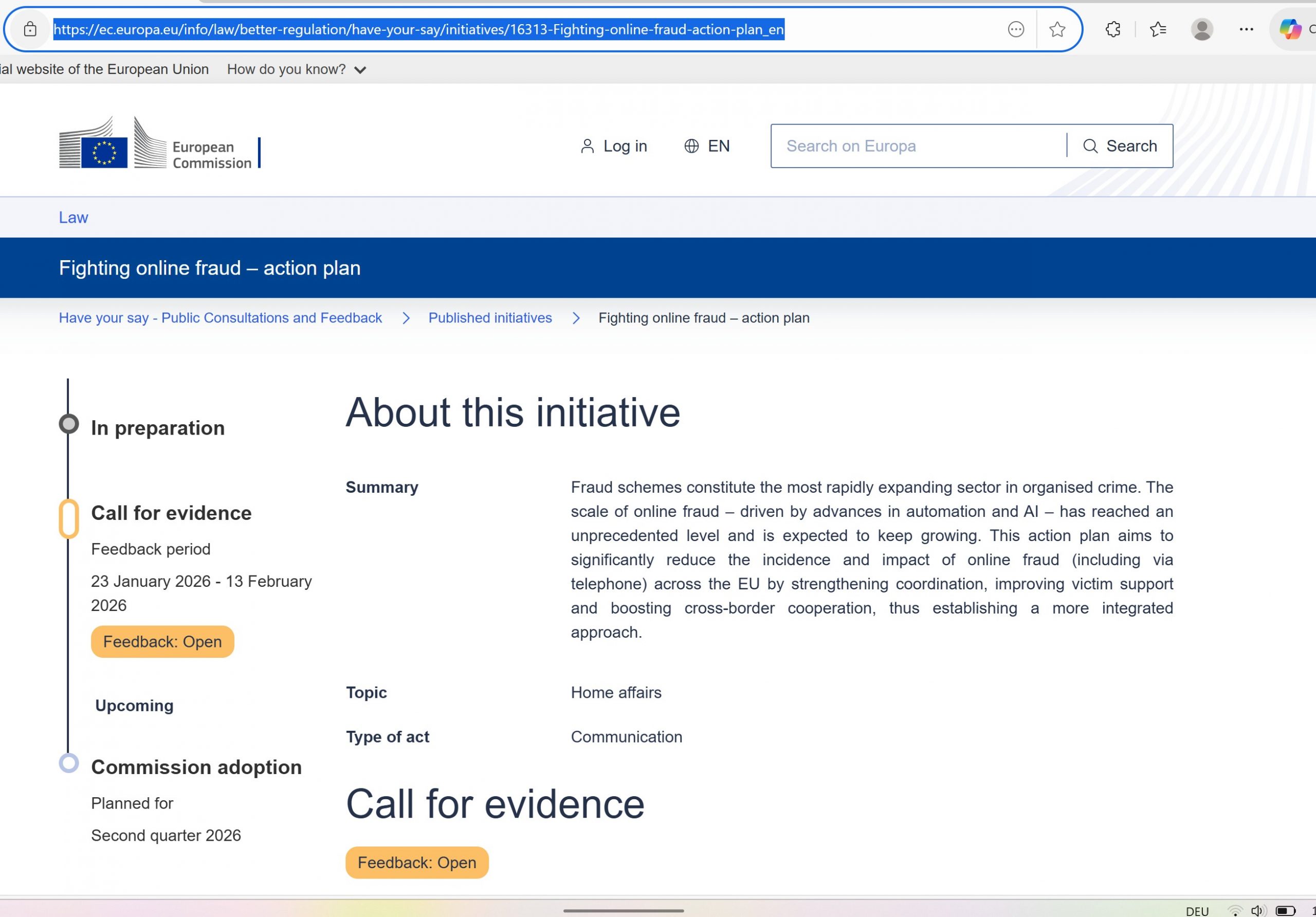
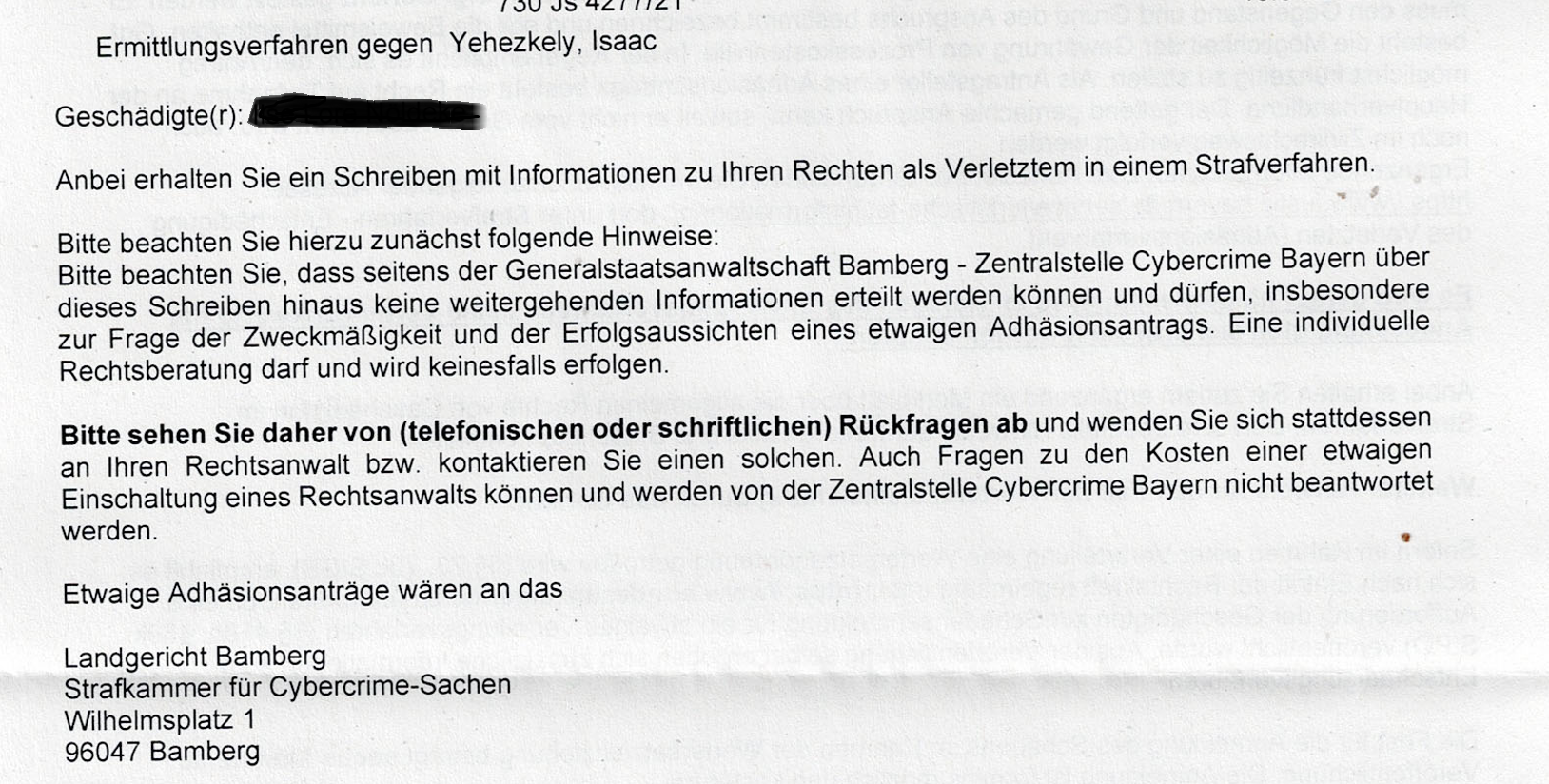
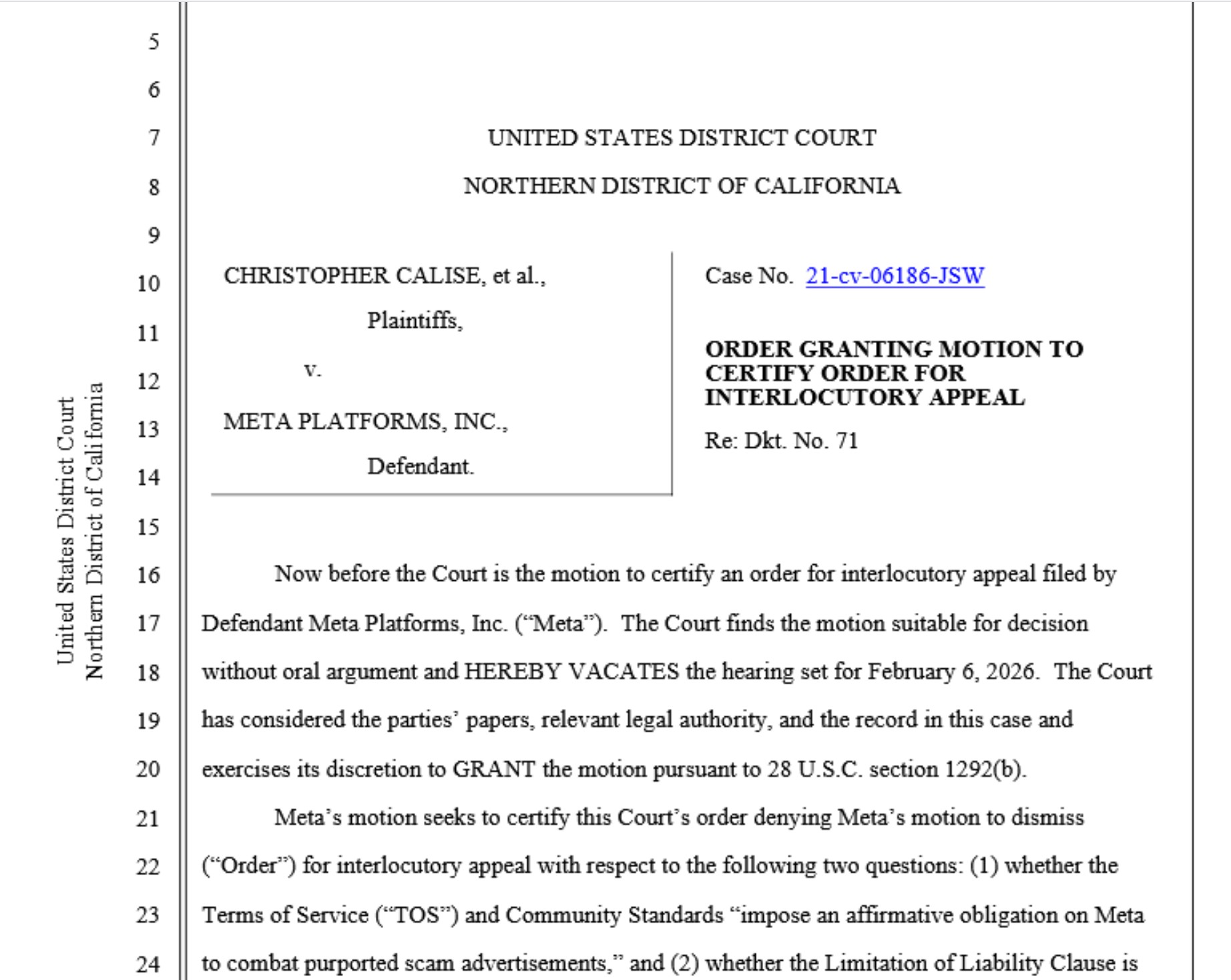
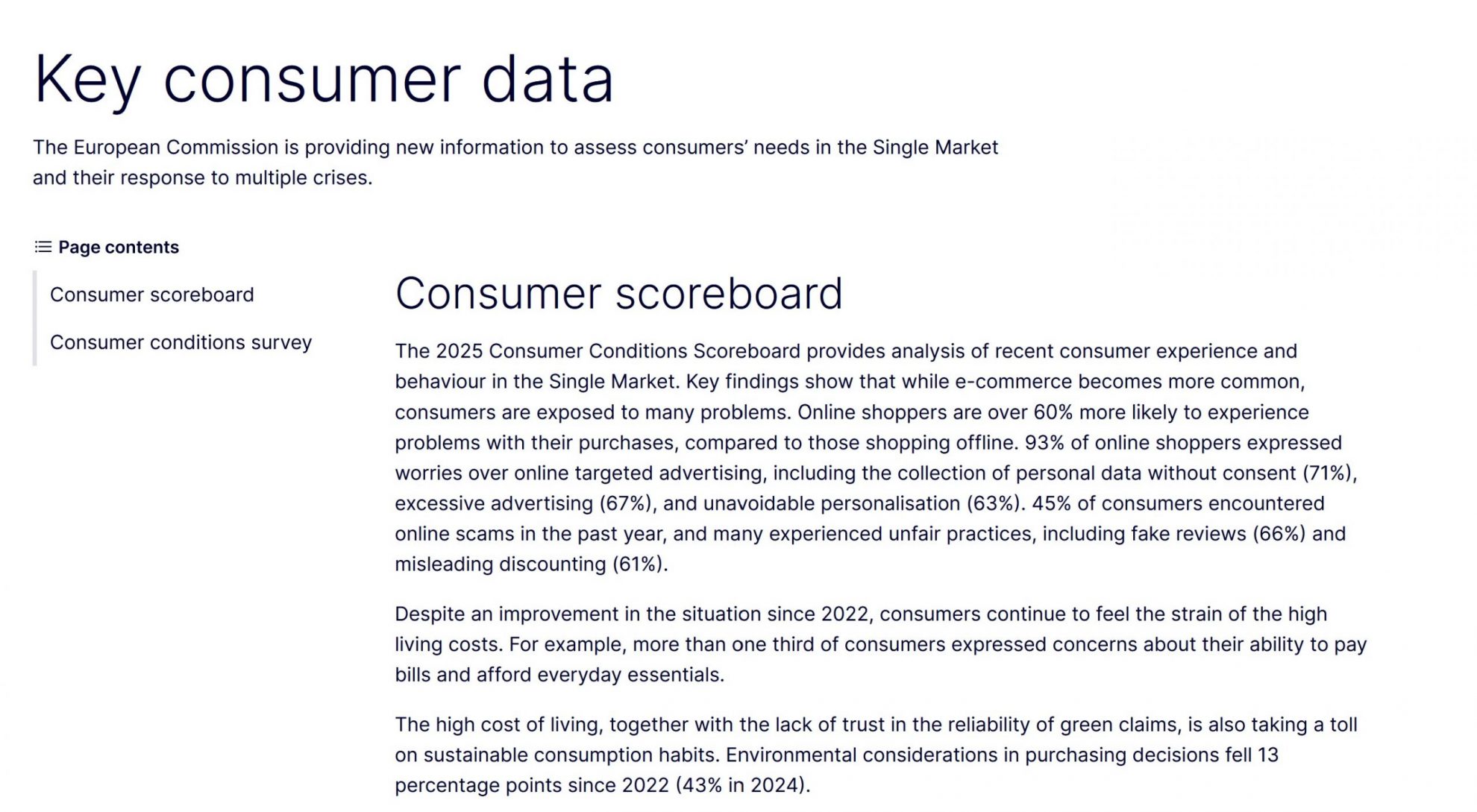
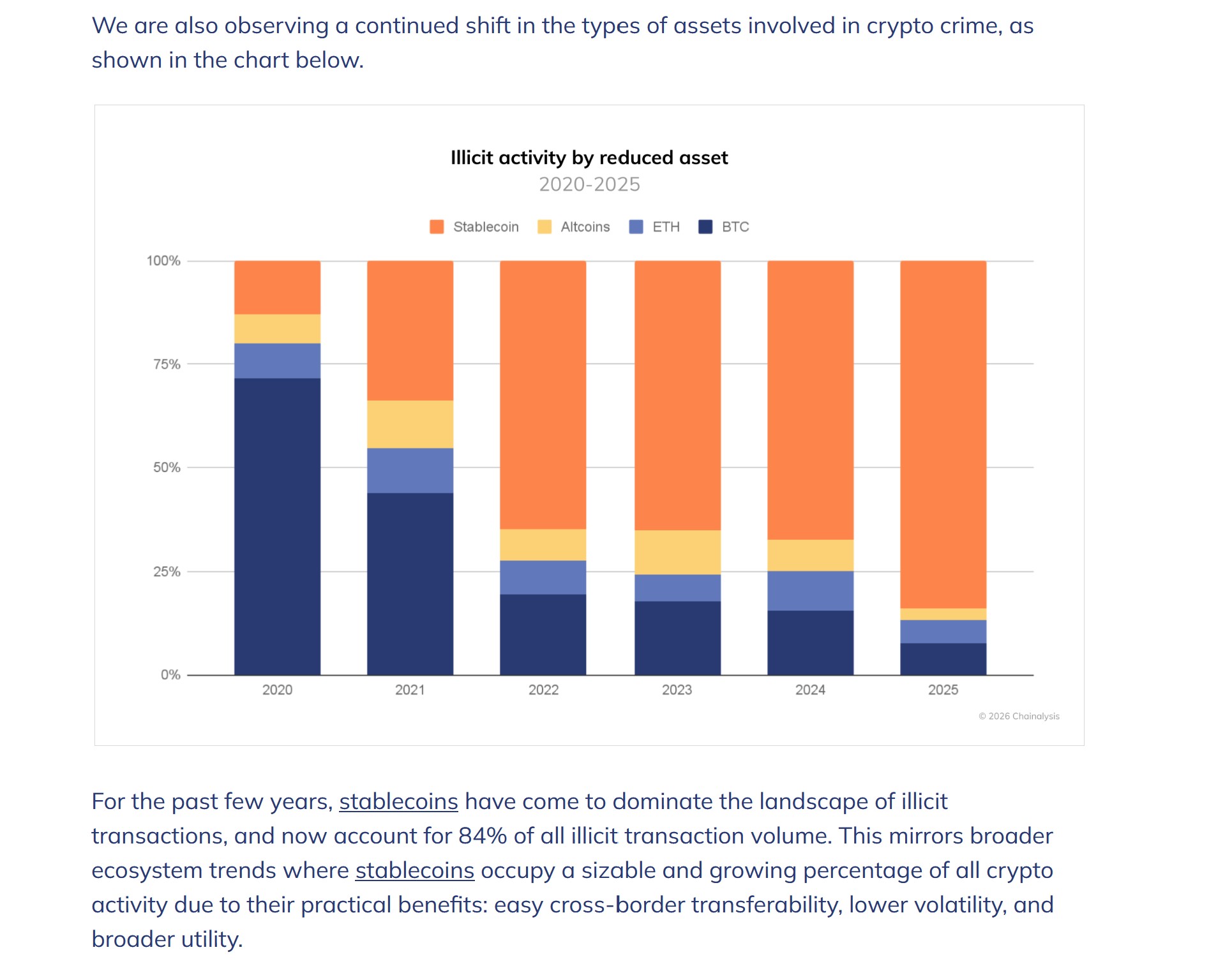
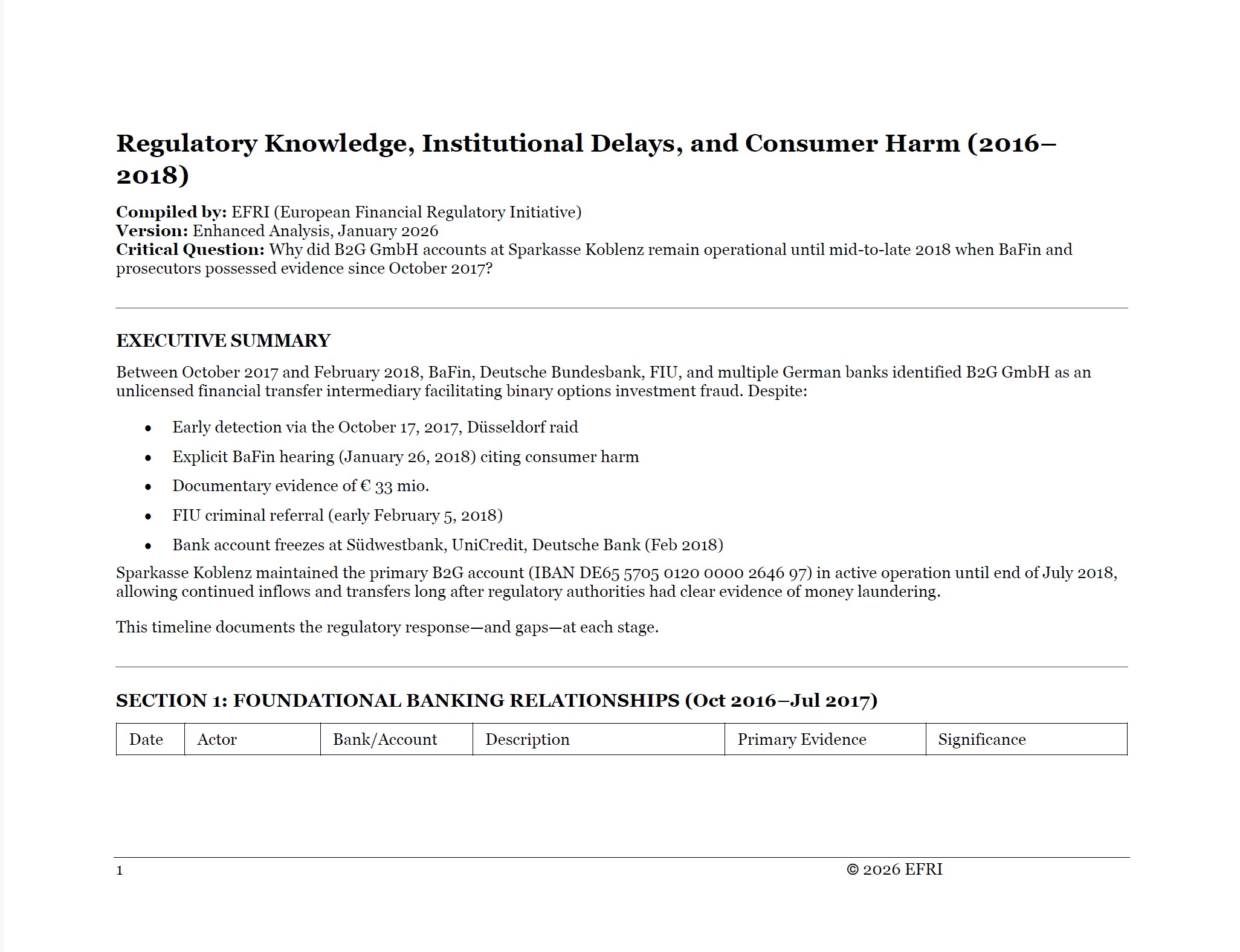
1 thought on “The UK: Mandatory APP Fraud Reimbursement in Practice”
Pingback: An In-Depth Analysis of the UK’s Mandatory Reimbursement Scheme for Authorised Push Payment (APP) Fraud: Implications, Challenges, and Global Perspectives – FinTechInsurance News
Comments are closed.